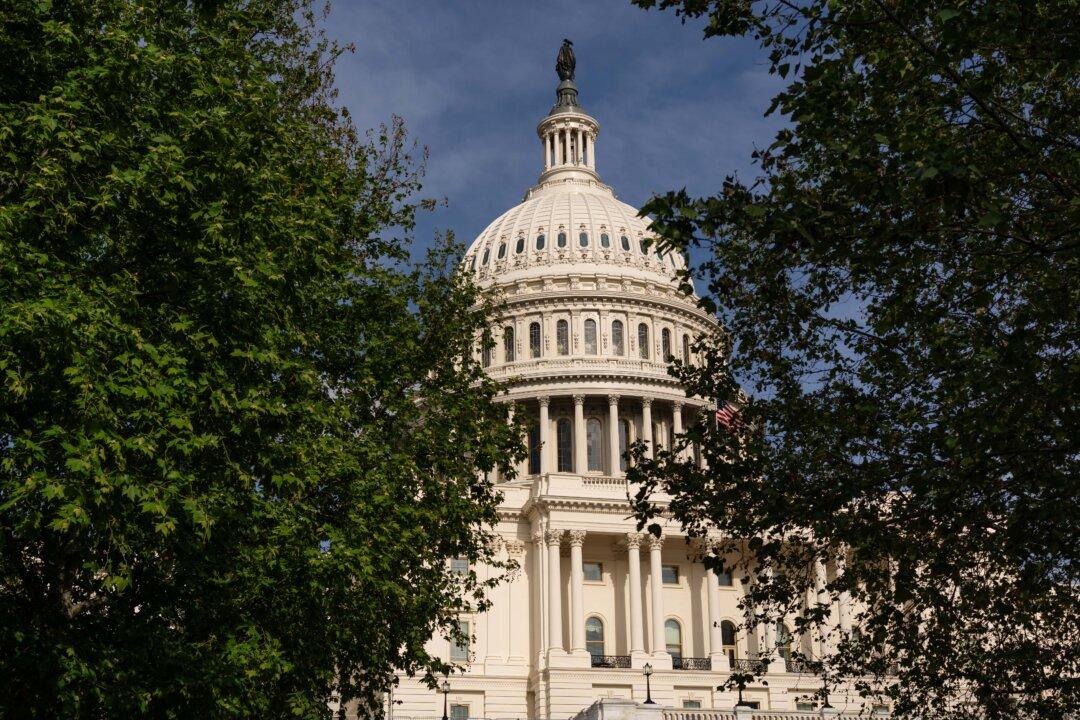A per capita cap on Medicaid would limit the total amount the Federal government reimburses states for their Medicaid expenses based on the number of people they have enrolled.
The cap would be adjusted every year. It would go up or down with enrollment. And it would increase by the rate of inflation, plus maybe 1 percent.





